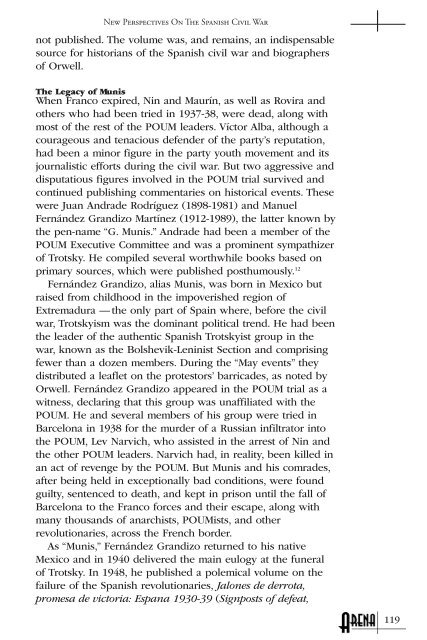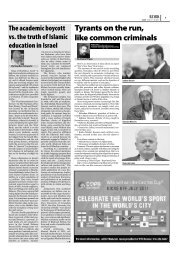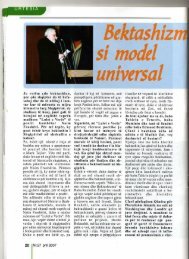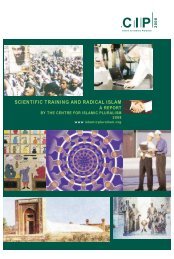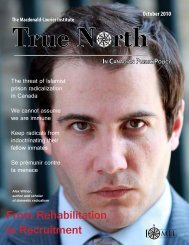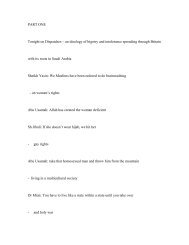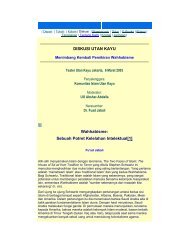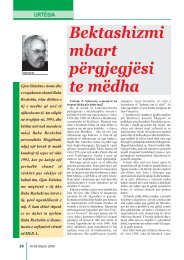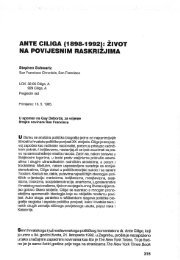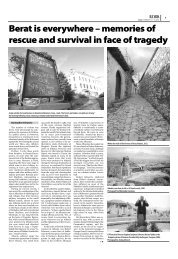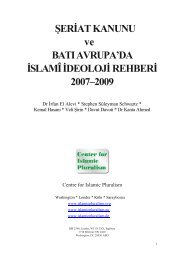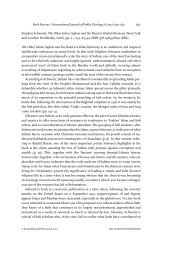READING THE RUNES New Perspectives on The Spanish Civil War ...
READING THE RUNES New Perspectives on The Spanish Civil War ...
READING THE RUNES New Perspectives on The Spanish Civil War ...
You also want an ePaper? Increase the reach of your titles
YUMPU automatically turns print PDFs into web optimized ePapers that Google loves.
<str<strong>on</strong>g>New</str<strong>on</strong>g> <str<strong>on</strong>g>Perspectives</str<strong>on</strong>g> On <strong>The</strong> <strong>Spanish</strong> <strong>Civil</strong> <strong>War</strong>not published. <strong>The</strong> volume was, and remains, an indispensablesource for historians of the <strong>Spanish</strong> civil war and biographersof Orwell.<strong>The</strong> Legacy of MunisWhen Franco expired, Nin and Maurín, as well as Rovira andothers who had been tried in 1937-38, were dead, al<strong>on</strong>g withmost of the rest of the POUM leaders. Víctor Alba, although acourageous and tenacious defender of the party’s reputati<strong>on</strong>,had been a minor figure in the party youth movement and itsjournalistic efforts during the civil war. But two aggressive anddisputatious figures involved in the POUM trial survived andc<strong>on</strong>tinued publishing commentaries <strong>on</strong> historical events. <strong>The</strong>sewere Juan Andrade Rodríguez (1898-1981) and ManuelFernández Grandizo Martínez (1912-1989), the latter known bythe pen-name “G. Munis.” Andrade had been a member of thePOUM Executive Committee and was a prominent sympathizerof Trotsky. He compiled several worthwhile books based <strong>on</strong>primary sources, which were published posthumously. 12Fernández Grandizo, alias Munis, was born in Mexico butraised from childhood in the impoverished regi<strong>on</strong> ofExtremadura — the <strong>on</strong>ly part of Spain where, before the civilwar, Trotskyism was the dominant political trend. He had beenthe leader of the authentic <strong>Spanish</strong> Trotskyist group in thewar, known as the Bolshevik-Leninist Secti<strong>on</strong> and comprisingfewer than a dozen members. During the “May events” theydistributed a leaflet <strong>on</strong> the protestors’ barricades, as noted byOrwell. Fernández Grandizo appeared in the POUM trial as awitness, declaring that this group was unaffiliated with thePOUM. He and several members of his group were tried inBarcel<strong>on</strong>a in 1938 for the murder of a Russian infiltrator intothe POUM, Lev Narvich, who assisted in the arrest of Nin andthe other POUM leaders. Narvich had, in reality, been killed inan act of revenge by the POUM. But Munis and his comrades,after being held in excepti<strong>on</strong>ally bad c<strong>on</strong>diti<strong>on</strong>s, were foundguilty, sentenced to death, and kept in pris<strong>on</strong> until the fall ofBarcel<strong>on</strong>a to the Franco forces and their escape, al<strong>on</strong>g withmany thousands of anarchists, POUMists, and otherrevoluti<strong>on</strong>aries, across the French border.As “Munis,” Fernández Grandizo returned to his nativeMexico and in 1940 delivered the main eulogy at the funeralof Trotsky. In 1948, he published a polemical volume <strong>on</strong> thefailure of the <strong>Spanish</strong> revoluti<strong>on</strong>aries, Jal<strong>on</strong>es de derrota,promesa de victoria: Espana 1930-39 (Signposts of defeat,119


